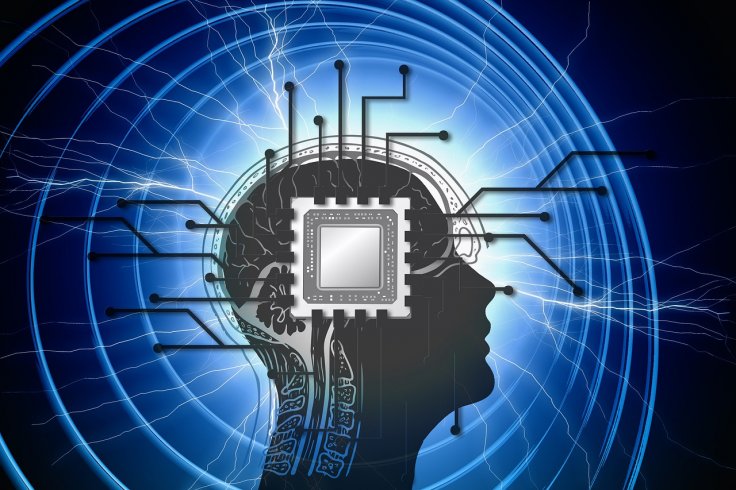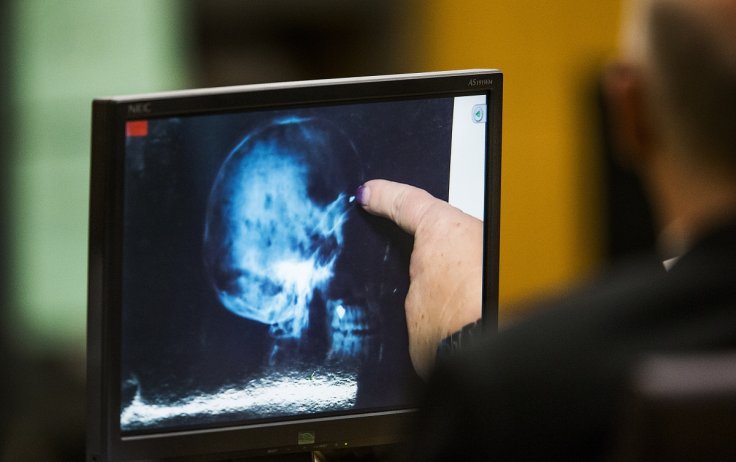Tech billionaire Elon Musk is currently busy bringing out new advancements via Neuralink—a startup founded in 2016 to develop an "ultra-high bandwidth brain-machine interface." Linking human brains to computers, using tiny implants may sound like every interesting, but experts are wary that it could make the humankind vulnerable to hackers.
Recently experts have raised concern over the use of such technology and said the hackers could access these brain-computer interfaces (BCIs). They said the cybercriminals can erase the skills stored in our brains and read thoughts, as well as memories. If that happens it will be the worst data breach ever detected in the history of humankind.
The Risk Factors Should Not be Overlooked

While talking to Zdnet, experts advised that to ensure the safety of such technology, the system needs to make sure that no unauthorized person can gain access or modify the functionality—just the way antivirus works in smartphones.
As per the South-African billionaire Musk, Neuralink will one day allow the human brains to interface with computers to avoid being dominated by artificial intelligence in the future. He also claimed that the BCI would help humans to cure injuries, depression, and other tissues of the body. It sounds like concept from Netflix's popular sci-fi series "Black Mirror"—a next-gen tech which is too good to be true.
The experts have expressed their worries about the technology while warning that the brain chip could open up a window for trespassing by the hacker's community. They are concerned about the possibility that cybercriminals can peep into the thoughts or memories of political officials and military personnel, while other threat actors can carry out their own digital attacks, causing massive devastation.
As per the report, Dr. Sasitharan Balasubramaniam, director of research at the Waterford Institute of Technology's Telecommunication Software and Systems Group (TSSG), said the concerning part is the idea of what type of damage a digital attack can cause in the human brain, "will it erase your skills or disrupt your skills?"
"Would they [the hacks] come in the form of just new information put into the brain, or would it even go down to the level of damaging neurons that then leads to a rewiring process within the brain," resulting in a disruption in the thinking process, said Dr. Balasubramaniam adding that "It's not only at the information level, it could also be the physical damage as well."
The Vulnerability

The cybercriminals could intercept data traveling from BCI to the brain that will allow the hackers to gather sensitive information such as login details for emails and other systems. The experts also noted that the threat actors could transmit malicious software to the technology. This would allow the cybercriminals to show the user images or feed fraudulent versions of the neural inputs to control the brain chip.
But as per researchers at Israel's Ben-Gurion University of the Negev wrote in a recent paper that the attempts to trick such biometric technology "will likely be very difficult," as the brainwaves are not visible compared to other biometrics like a fingerprint, iris, etc, and "cannot be replicated by another person... without direct access to the person and their brain to record the person."
However, experts had urged the creators behind BCI to take a multi-layered security approach while designing the systems, including the antivirus software and encryption. The CEO of SpaceX Musk, who recently expressed his concerns over the power of AI and how it could dominate humans in the next five years, is all set to release news of a possible working prototype of the revolutionary brain chip on August 28.









